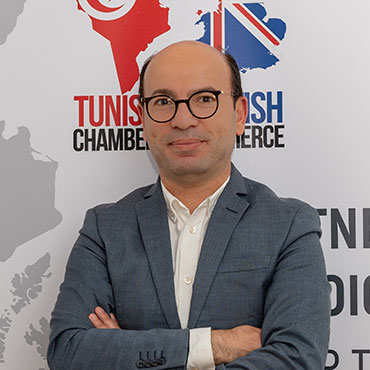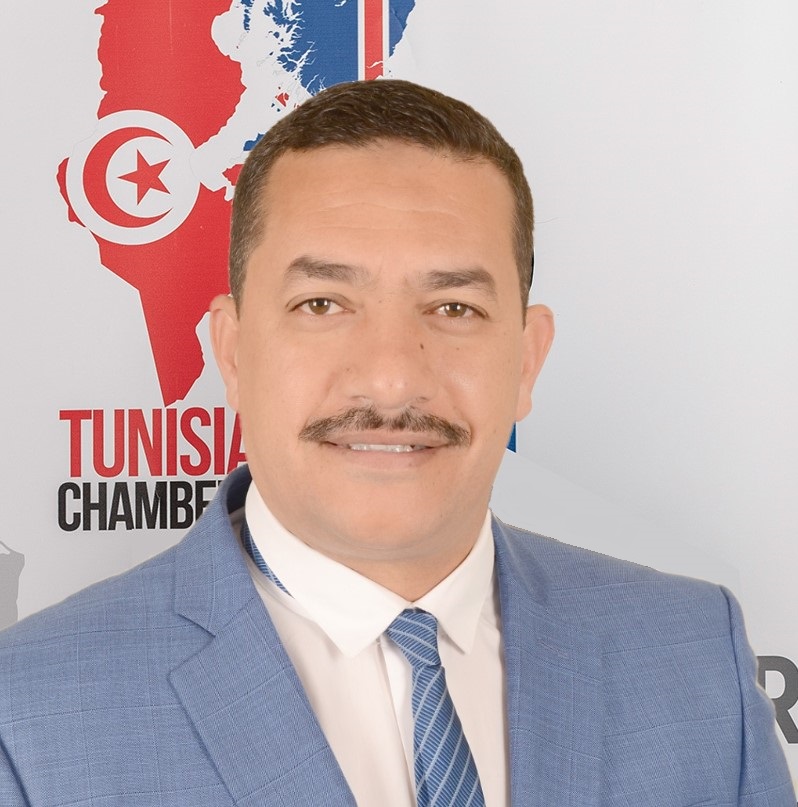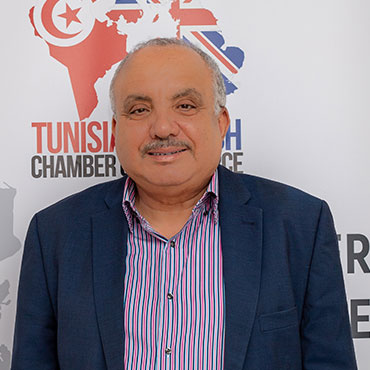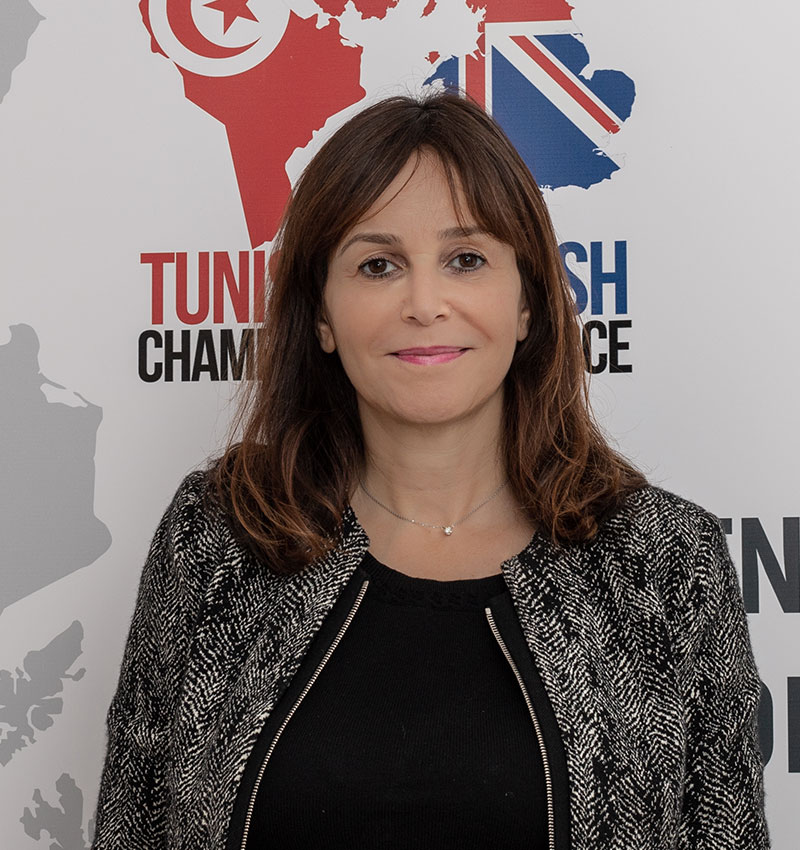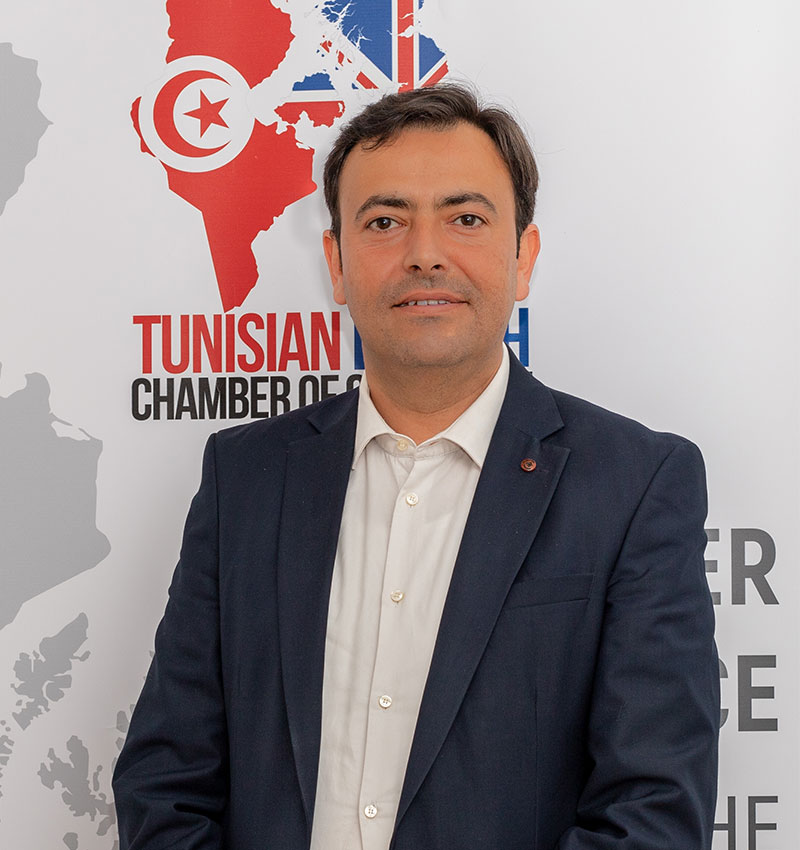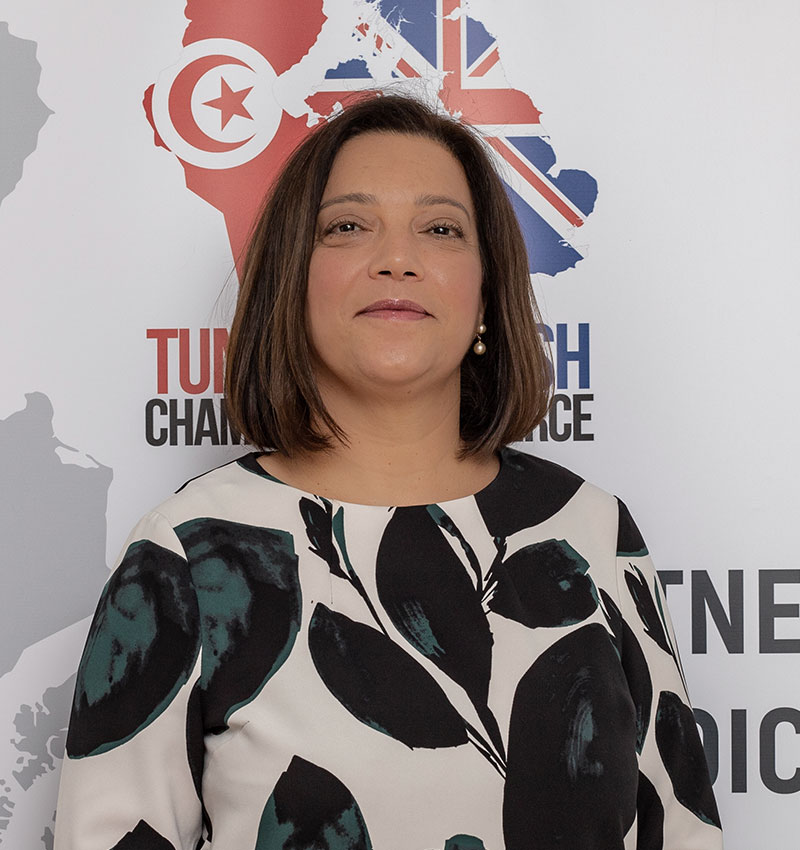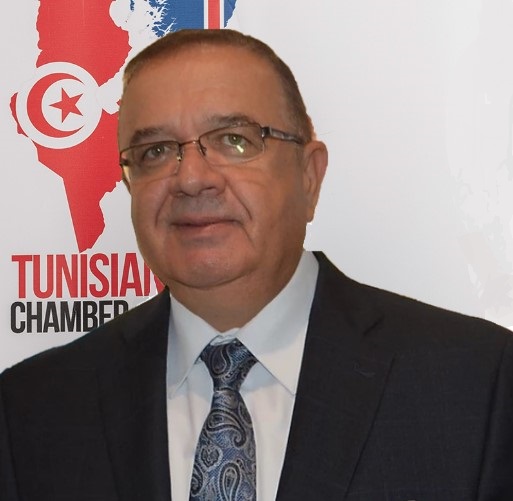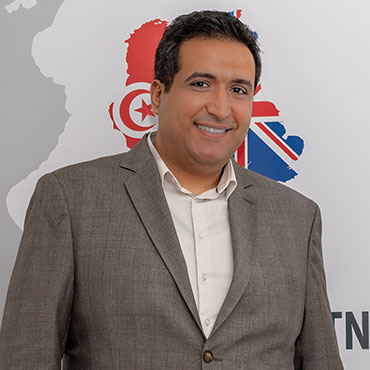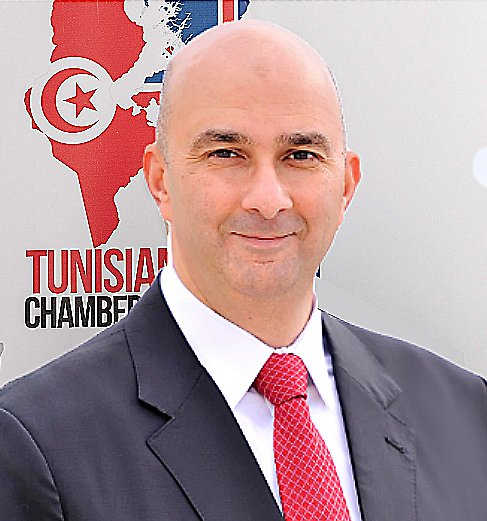
The Council of Mixed Chambers “CCM” recalls that the attractiveness of territories has become in recent years a crucial issue in economic policy.
For Tunisia, attracting Foreign Direct Investments (FDI) has always been a major concern in all its public and private components.
Indeed, FDI contribute directly to strengthening the country’s exports, creating jobs, transfer technology, participate in a more harmonious development of the territory and contribute to industrial development.
The CCM takes note of the specific measures that have been put in place to facilitate FDI such as that the privatization programmes, the tax, financial and incentive incentive schemes changes.
However, the CCM as an organization which counts among its members several foreign investors in Tunisia would like to express their concern both about the ability to retain foreign investors present on the territory, than on the attractiveness of new investors especially that Tunisia is the subject of competition that has become aggressive from countries more attractive competitors on communication and marketing.
Paradoxically, the CCM recalls that the Tunisia site still remains an opportunity for co-location of value chains, to optimize the reindustrialization of Europe which is experiencing incessant increases in production costs and to play the role of gateway in Africa, in development or co-development with foreign partners
In the short term, and in order to put Tunisia’s attractiveness factors into perspective, the CCM believes that urgent action is needed to restart the engines of investment through a effective Public-Private partnership based on Trust, Transparency and a posteriori Control.
Concretely, the CCM considers that a revival of investments and exports which will generating greater job creation requires the following priority measures:
1/ An urgent review of the 2023 finance law towards more comprehensive and fair reforms. Reduce the pressure on the organized sector with the broadening of the tax base and not the increase in tax rates with new solidarity taxes and an increase in the tax rate.
Consider the reservations expressed by representatives of the private sector (Utica, Conect, Order of Chartered Accountants, Bar Association, etc.);
The CCM measures the extent of the difficulties of public finances and the few solutions offered in times of tense crisis not only in Tunisia but also among its partners economies that are experiencing double-digit inflation rates. But he cannot condone greater pressure on the organized sector.
The CCM invites to put in place more means of control against false lump sums, reduce the scope of the parallel sector by more digitization and the establishment of the platforms announced, accelerate the texts of application of the law on the self-entrepreneurship and a downward revision of the taxation of natural persons for greater membership.
2/ Cancel the last measures taken on October 17, 2022 aimed at restricting imports which had immediate negative effects, particularly on organized economic operators on the one hand and on the economic partners of Tunisia on the other hand.
The CCM believes that the solution to meet the objectives of the public authorities in order to clean up the anarchic and abusive import sector lies in the establishment of a platform, paid or free, registration of importers who will comply with the prerequisites of transparency, professionalism and traceability.
3/ A quick sharing of the new project of the exchange code in order to have it studied by the business community and to ensure that the exchange rate measures validated during the Debate Public Private is mentioned there.
4/ Review article 52 of the 2022 Finance Act to lighten the conditions for abandoning the plan suspensive and to keep this regime exclusively for the benefit of “good students” with the acceleration the establishment of a platform for the management of the entire chain of suspension of VAT
for the benefit of exporters.
5/ Promote investment in the energy sector (hydrocarbons and renewable) by changing the current approach, heavy in procedures and conflicting vis-à-vis operators and foreign investors.
The CCM calls, in this context, to mobilize all the resources of the public sector in order to unblock, in consultation with the private sector, all the situations and outstanding files as well as the authorizations granted, in the field of fossil and renewable energy in all its components (hydraulic, solar, wind, geothermal, biomass), both in exploration, development, extraction, transport and phosphate processing so that these sectors can quickly contribute to improving the financial resources of the State instead of becoming an additional burden added to the other burdens that force public finances to resort to more tax pressure already at its peak, which puts Tunisia at a disadvantage compared to its competitors, both in terms of the attractiveness of foreign investors than in the advances made in energy yields renewable.
6/ Lighten the formalities for setting up liaison offices for foreign companies with a view to strengthen the positioning of Tunisia as the first choice by companies operating in local foreign markets given the impact on job creation, the promotion of term investment as well as the local market.
7/ Give more initiative to the General Public-Private Partnership Authority to attract large companies within the framework of specific agreements, by granting them advantages consequent like countries like France, Morocco and Tunisia in the past for the benefit of the aeronautical sector.
The Council always and constantly recalls that it shares the same concerns as the powers public services in order to clean up the business climate, relaunch the engines of investment and achieve better balanced public finances.
It acknowledges that he has so far been constantly associated with all the consultations and reflections committed to improving the business environment and boosting investment in the country and hopes to see the effective implementation of its recommendations expressed in this press release as well as those elaborated during the meetings of the Dialogue Public Private.
Press release of the Council of Mixed Chambers
(08/12/2022)






